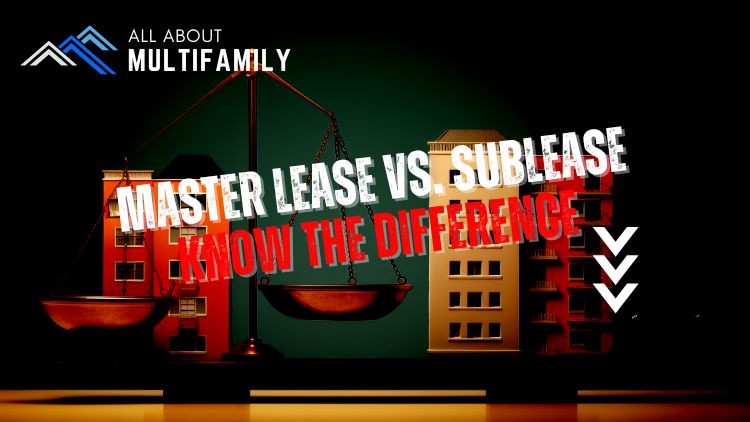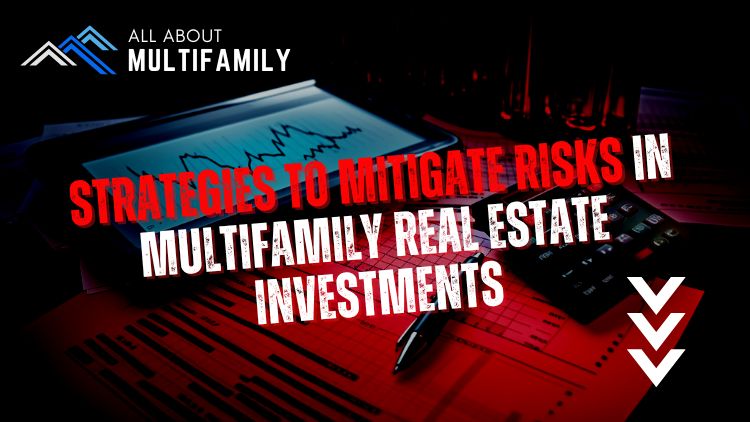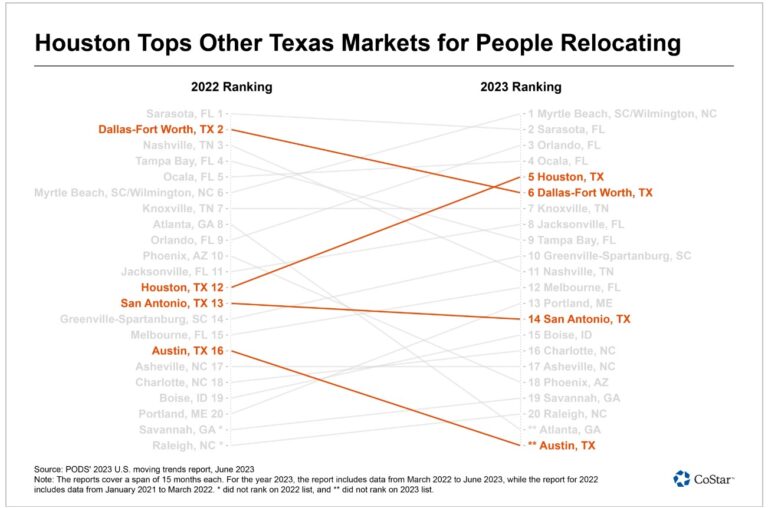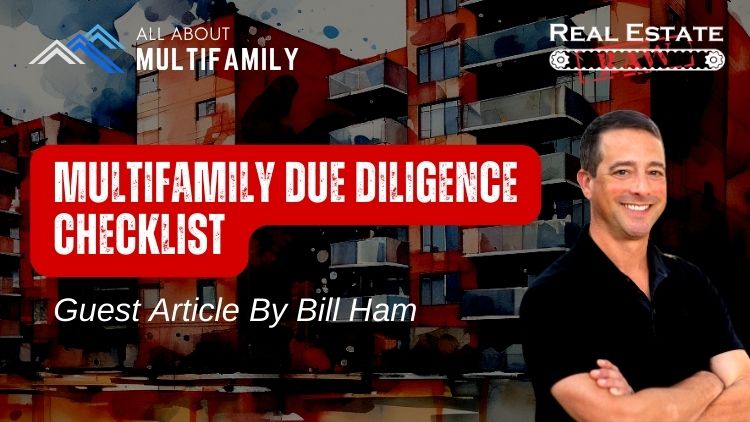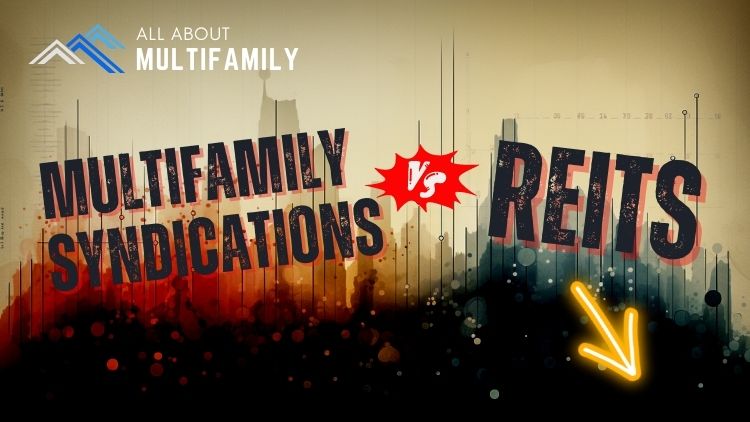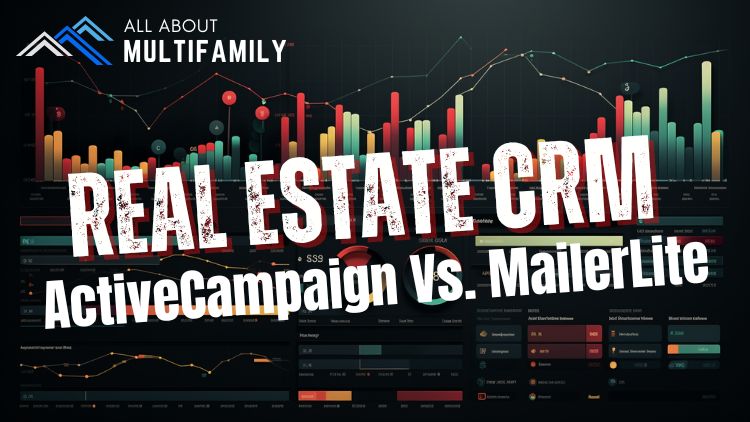Determining the landlord-friendliness of a state is a vital consideration for property owners. Landlord-friendly states boast high rental demands, limited competition, laws favoring landlords, and attractive tax rates.
Researching Profitable Locations
If you have recently purchased an investment property or are contemplating acquiring a rental home or apartment, conducting thorough research on different locations is crucial for maximizing profits. Understanding key real estate factors such as tenant rights, tax rates, population growth, job opportunities, and rental demand in specific states and cities can help landlords avoid financial losses.
The Importance of Landlord-Friendly States
While rental properties can yield profits in various locations across the United States, opting to buy property in a landlord-friendly state offers the best chance of securing consistent monthly income and long-term returns on investment. As Than Merill of FortuneBuilders emphasizes, “The most successful rental property owners today are those who possess knowledge about strategic investment locations. The market where a rental property is situated plays a pivotal role in determining its success or failure.”
What Constitutes a Landlord-Friendly State?
1. High Rental Demand:
- States with younger populations, numerous universities and colleges, and cities where purchasing homes is expensive tend to experience high rental demands. This favorable condition enables landlords to easily fill vacancies and command desirable rental rates.
2. Limited Competition:
- For landlords to profit from rental properties, they must attract tenants who are willing to pay fair rates. This scenario is more likely in states where the supply of rental properties does not exceed the demand. States with extensive new construction and declining or aging populations, on the other hand, may face low demand and intense competition.
3. Low or Moderate Property Taxes:
- Property tax rates and insurance costs can present obstacles for landlords when initially acquiring investment properties. Landlord-friendly states impose minimal tax and insurance burdens on homeowners, allowing them to preserve higher monthly and yearly profits. Landlords ideally seek states where taxes are not rapidly escalating.
4. Population and Job Growth:
- States experiencing growth and economic booms tend to attract more renters. This trend is often observed in states with affordable living costs and expanding cities, college towns, and suburbs.
5. Fair Landlord-Tenant Laws:
- Real estate laws vary from state to state, with some locations providing greater support for landlords’ rights. Certain states have more lenient regulations regarding security deposits, evictions, and other issues, granting landlords greater control over their rental agreements.
6. Favorable Eviction Process Laws:
- Landlord-friendly states establish streamlined procedures for evicting destructive or uncooperative tenants. The best states for purchasing rental properties maintain low tolerance for tenants who consistently fail to pay rent, repeatedly pay late, cause property damage, or violate rental agreements in other ways. These regulations prevent landlords from enduring prolonged waiting periods to remove undesirable tenants.
7. No (or Flexible) Rent Control:
- To keep up with inflation and generate profits, landlords must be able to gradually increase rent over time. Some states implement rent control laws to prevent excessive price hikes. Landlord-friendly states prohibit rent control, affording property owners more flexibility in determining rental rates.
The Most Landlord-Friendly States in 2023
1. Texas:
With high demand for rental properties, cities attracting younger populations, and favorable rental property laws, Texas is widely regarded as one of the best states for real estate investing. Morris Invest states, “Texas offers exceptional real estate investment opportunities…the state demonstrates steady population growth, a thriving economy, and job diversity, all contributing to reliable rental income.”
- Favorable Lease Violation Laws: Texas provides extensive protections for landlords when tenants fail to pay rent or repeatedly violate lease terms. Landlord relief laws enable compensation for unpaid rent or repossession of properties in case of lease violations.
- Affordable Markets: Many cities and suburbs in Texas remain affordable and continue to attract renters, including college students and young professionals.
- Increasing Population: Texas experiences a population growth of approximately 1,200 individuals per day, with a significant portion comprising younger age groups. More than 50% of the state’s population is 34 years old or younger.
- High Price Growth: Cities like Austin are witnessing substantial growth in real estate prices, making it an opportune time to invest.
2. Alabama:
As an affordable state with low tolerance for lease violations, landlords in Alabama stand to generate consistent monthly profits from their rental properties.
- Low Property Tax Rates: Alabama boasts the second-lowest property tax rates in the country, allowing landlords to retain a larger portion of the monthly rent as profit.
- Right to Raise Rent: Landlords can increase rent as long as they provide a 30-day notice. Rental laws also prevent tenants from withholding rent if landlords fail to make non-lease-agreement-related repairs.
- Favorable Eviction Processes: Landlords can issue a 14-day notice to terminate a lease in case of lease violations or a 7-day notice for non-payment of rent.
3. Indiana:
Indiana offers affordable home and apartment prices, combined with moderate rent rates. Landlords benefit from favorable price-to-rent ratios in the state.
- Attractive Cities and Suburbs: Cities like Indianapolis have seen substantial long-term gains in real estate investments over the past decade, with this trend expected to continue as more people seek affordable housing options.
- Appealing Security Deposit Laws: Indiana allows landlords to retain security deposits for 45 days, using them for tenant-caused damages and other related expenses.
4. Colorado:
With growing cities and an increasing population of young individuals, Colorado attracts many renters willing to pay high rents for updated properties in desirable locations.
- Anticipated Real Estate Price Growth: The cost of homes and apartments in Colorado has steadily risen over the past decade, suggesting good returns on investment in the future.
- Compensation for Unpaid Rent: Landlords can issue a 3-day notice to tenants who fail to pay rent on time. In contrast, other states may have lengthy eviction processes that diminish profit potential.
5. Florida:
Florida has a high rate of renters compared to other states, along with a growing population. Housing costs in Florida are relatively lower than in states with larger populations. The state’s flexible rental laws grant landlords the freedom to set their own terms.
- High Demand for Rentals: A significant percentage of Floridians, including college students and older adults, prefer renting over buying properties.
- Unlimited Security Deposit Limit: Landlords can require any amount for security deposits, as long as they are returned within 60 days after the renter vacates.
- Prohibition of Rent Control: Landlords have the authority to increase rent and determine prices for unpaid or late rent.
These are just a few examples of the most landlord-friendly states in 2023. It is important for landlords to conduct comprehensive research and consider various factors before making investment decisions. By choosing a landlord-friendly state, landlords can increase their chances of maximizing profits and achieving long-term success in the real estate market. According to Jonathan New, Director – Fair Winds Capital Investments, “It should come as no shock that some of the target markets that we are acquiring make this list for being landlord friendly. With thriving economies, strong rent rates, lower taxes, and favorable regulations, Texas, Alabama, and Florida offer the kind of security and flexibility required to operate a business plan during economic stagnation and down turns.”
According to Jonathan New, Director – Fair Winds Capital Investments, “It should come as no shock that some of the target markets that we are acquiring make this list for being landlord friendly. With thriving economies, strong rent rates, lower taxes, and favorable regulations, Texas, Alabama, and Florida offer the kind of security and flexibility required to operate a business plan during economic stagnation and down turns.”
6. Arizona:
Compared to many other states, landlords in Arizona are favored in eviction processes and have a lot of control over their lease agreements.
- Low Property Taxes: With one of the lowest tax rates in the U.S., Arizona tends to be an affordable state to purchase and maintain rental property in.
- Favorable Eviction Processes: Landlords can raise the rent on their property with a 30-day written notice. They can also give a 5- to 10-day notice to evict a renter if they break their agreement or damage property.
7. North Carolina:
As one of the fastest-growing states with booming cities, North Carolina is becoming home to an increasing number of young adults and families looking to rent.
- Rapidly Growing Population: Cities such as Durham, Charlotte, and Raleigh are thriving with job opportunities and expanding in size, creating demand for rentals.
- Affordable Cost of Living: This state remains affordable to live in compared to many others, although prices are rising due to increasing demand. The cost of living is a main driver for people moving to North Carolina.
- Low Tax Rates: Low property taxes in North Carolina mean that homeowners get to keep more of the monthly rent they’re earning.
 According to JD Allen, Founder – BMP Apartment Investments: “North Carolina’s real estate landscape shines bright as a prime investment destination. Booming cities like Durham, Charlotte, and Raleigh attract young adults and families in search of rentals, fueling the demand for properties. With a winning combination of rapid population growth, an affordable cost of living, and low tax rates, investing in North Carolina means unlocking boundless opportunities and maximizing returns. It’s a golden ticket for investors, where potential meets prosperity in a thriving market.”
According to JD Allen, Founder – BMP Apartment Investments: “North Carolina’s real estate landscape shines bright as a prime investment destination. Booming cities like Durham, Charlotte, and Raleigh attract young adults and families in search of rentals, fueling the demand for properties. With a winning combination of rapid population growth, an affordable cost of living, and low tax rates, investing in North Carolina means unlocking boundless opportunities and maximizing returns. It’s a golden ticket for investors, where potential meets prosperity in a thriving market.”
8. Illinois:
Having a high demand for renters, a big population, and favorable real estate laws, this is a state where landlords are likely to profit from their rentals.
- Plenty of Renters, Especially in Cities: Big cities in this state, including Chicago, are home to many renters who are willing to pay high rental prices.
- Easy Process to Evict: Landlords have the right to evict tenants with a 10-day written notice if they’ve violated their agreement.
- Flexible Security Prices: Landlords have a say over how much is charged for security deposits, plus the right to use deposits for any property damage.
9. Pennsylvania:
With plenty of job opportunities and a lower cost of living compared to many states in the Northeast, Pennsylvania is a smart state to purchase property in.
- High Average Rental Rate: The average rental income in Pennsylvania is $1,300, more than the national average (which is around $1,000 to $1,100). Plus, cities including Pittsburgh and Philadelphia are even more expensive and in demand, although rental laws in these cities can vary from the rest of the state.
- Appealing Eviction Laws: Landlords in Pennsylvania have the right to give a 10-day notice to non-paying renters, asking them to either pay or move out. After ten days, the landlord can begin the legal eviction process.
10. Ohio:
Ohio has a growing population, lots of job opportunities near bigger cities, plus a relatively affordable cost of living. These are all factors that renters look for when choosing which state to reside in.
- In-Demand Cities: Cities such as Cincinnati, Columbus, Dayton, and Canton are attracting renters and workers looking for jobs in diverse cities, especially younger professionals who commonly rent.
- High Tax Write-Offs: Landlords in Ohio can make more income thanks to mortgage appreciation and tax write-offs when improvements are made to the rental property.
- Fast Eviction for Unpaid Rent: If a tenant fails to pay rent, they can be notified by the landlord within three days that they need to pay or move out.
11. Georgia:
As a state with a very low tax rate, Georgia is an affordable place to become a landlord. Additionally, laws in this state regarding security deposits and late fees favor landlords.
- Flexible Eviction Laws: Georgia has informal eviction laws, allowing landlords to take action quickly if a tenant has unpaid rent or has done damage. Landlords can give a 7-day notice to evict tenants if they aren’t paying or adhering to the terms.
- Unlimited Late Rental Fees: In the case of unpaid rent, landlords can collect extra money from late fees, which are more lenient in this state than most others.
- No Limits on Security Deposits: Landlords have flexibility in Georgia to establish their own security deposit amounts based on their property and the situation.
12. Kentucky:
Kentucky has low property tax rates plus some of the most unspecified laws related to rental security deposits and late fees. This gives landlords the power to reclaim money from tenants who haven’t rightfully paid. Additionally, there’s less construction of new homes in this state and fewer houses for sale compared to many others, decreasing competition.
- Low Property Taxes: Low taxes mean that landlords can keep rent at a reasonable price in order to attract renters while still making a profit.
- Flexible Use of Security Deposits: Landlords can use the security deposit funds for any damage done to the unit, unpaid rent, or other costs incurred by the tenants.
- Lenient Eviction and Violation Laws: An eviction process can be initiated by a landlord with a 7- to 15-day notice depending on the violations. Landlords also benefit from unconditional quit notice laws in this state, which force tenants to vacate properties within 14 days if they are in violation of their agreement.
These are just a few examples of the most landlord-friendly states in 2023. It is important for landlords to conduct comprehensive research and consider various factors before making investment decisions. By choosing a landlord-friendly state, landlords can increase their chances of maximizing profits and achieving long-term success in the real estate market.


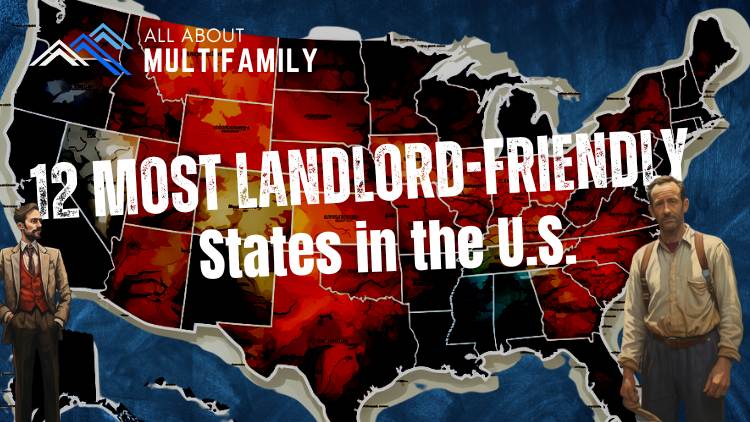



























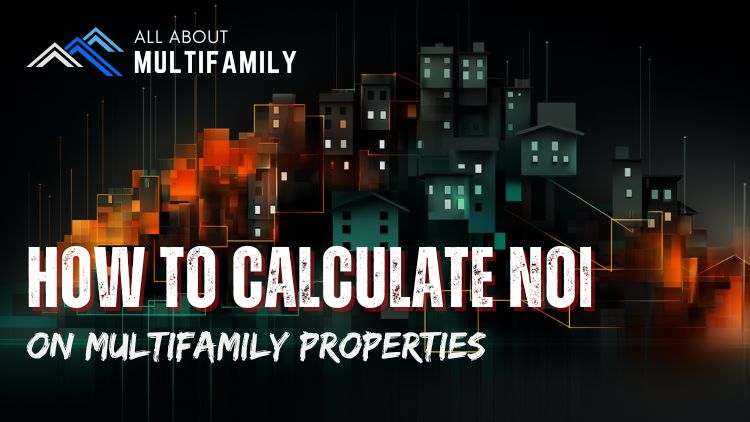





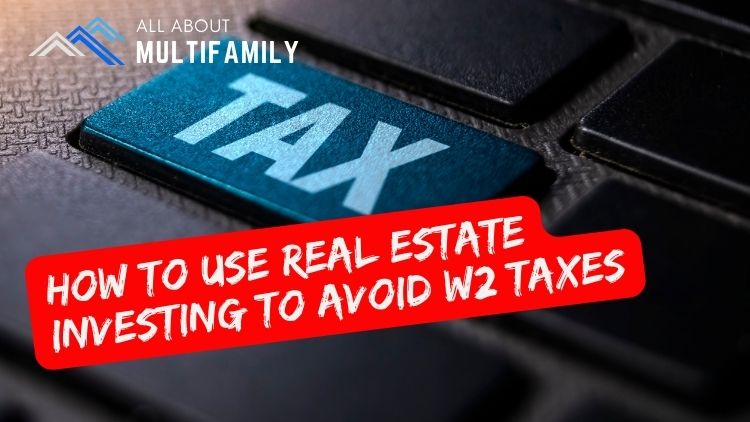









![An In-Depth Look at Jake and Gino's Coaching Program [A Review]](https://allaboutmultifamilyinvesting.com/wp-content/uploads/2023/10/AAM-BMP-Blog-Covers-750-×-422px-6.jpg)


![Email Marketing Tips for Multifamily Real Estate Syndicators to Raise Capital [Templates included]](https://allaboutmultifamilyinvesting.com/wp-content/uploads/2023/09/AAM-BMP-Blog-Covers-750-×-422px-4.jpg)
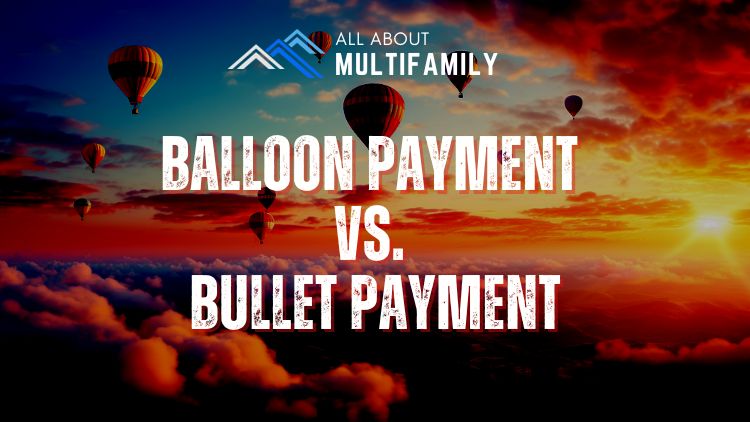


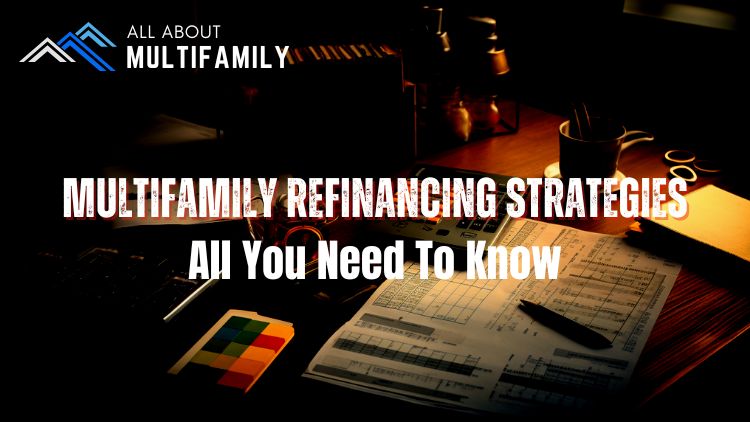


![The Richest Kids In America [Book Review]](https://allaboutmultifamilyinvesting.com/wp-content/uploads/2023/09/AAM-BMP-Blog-Covers-750-×-422px-84.jpg)


